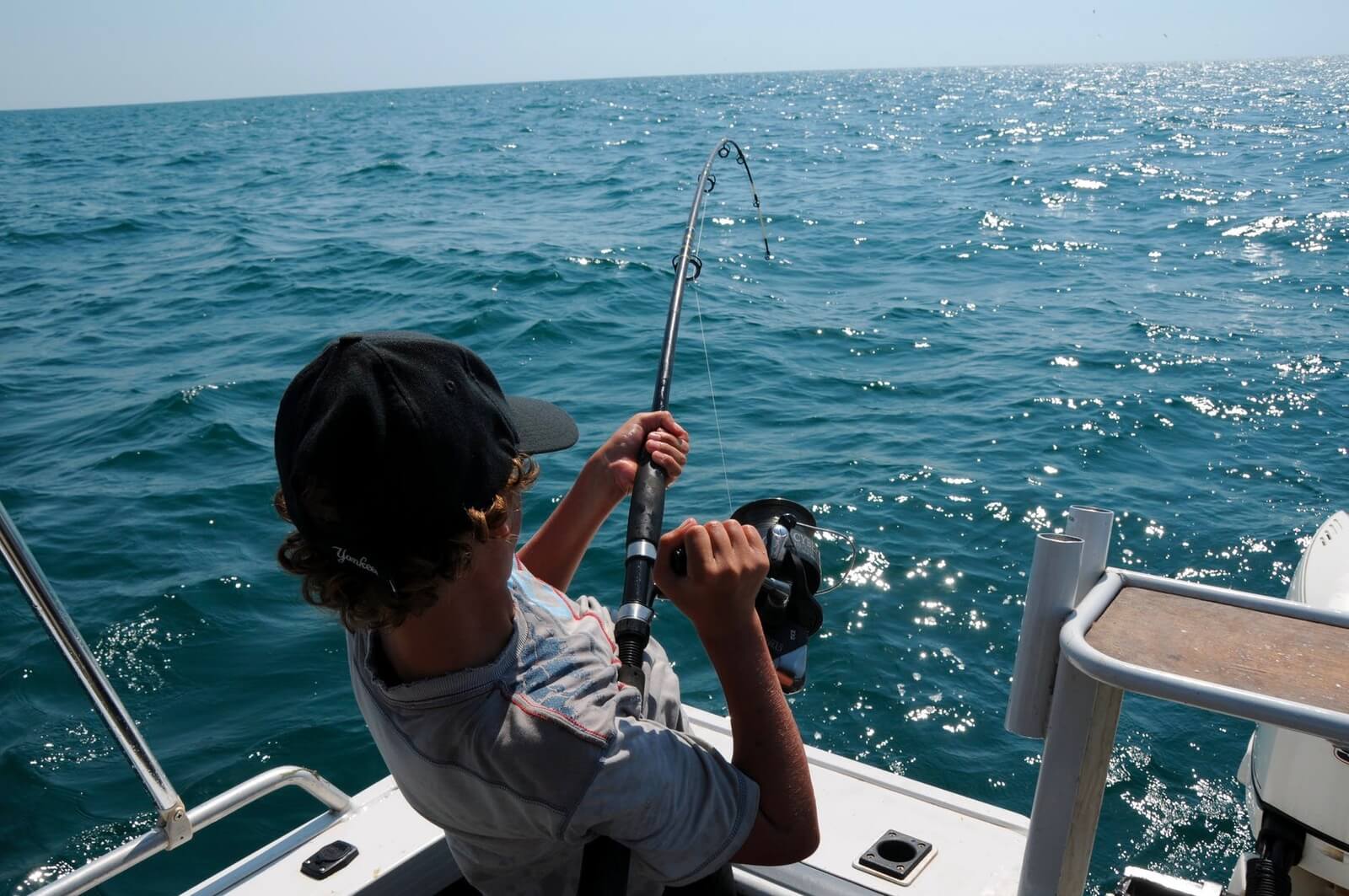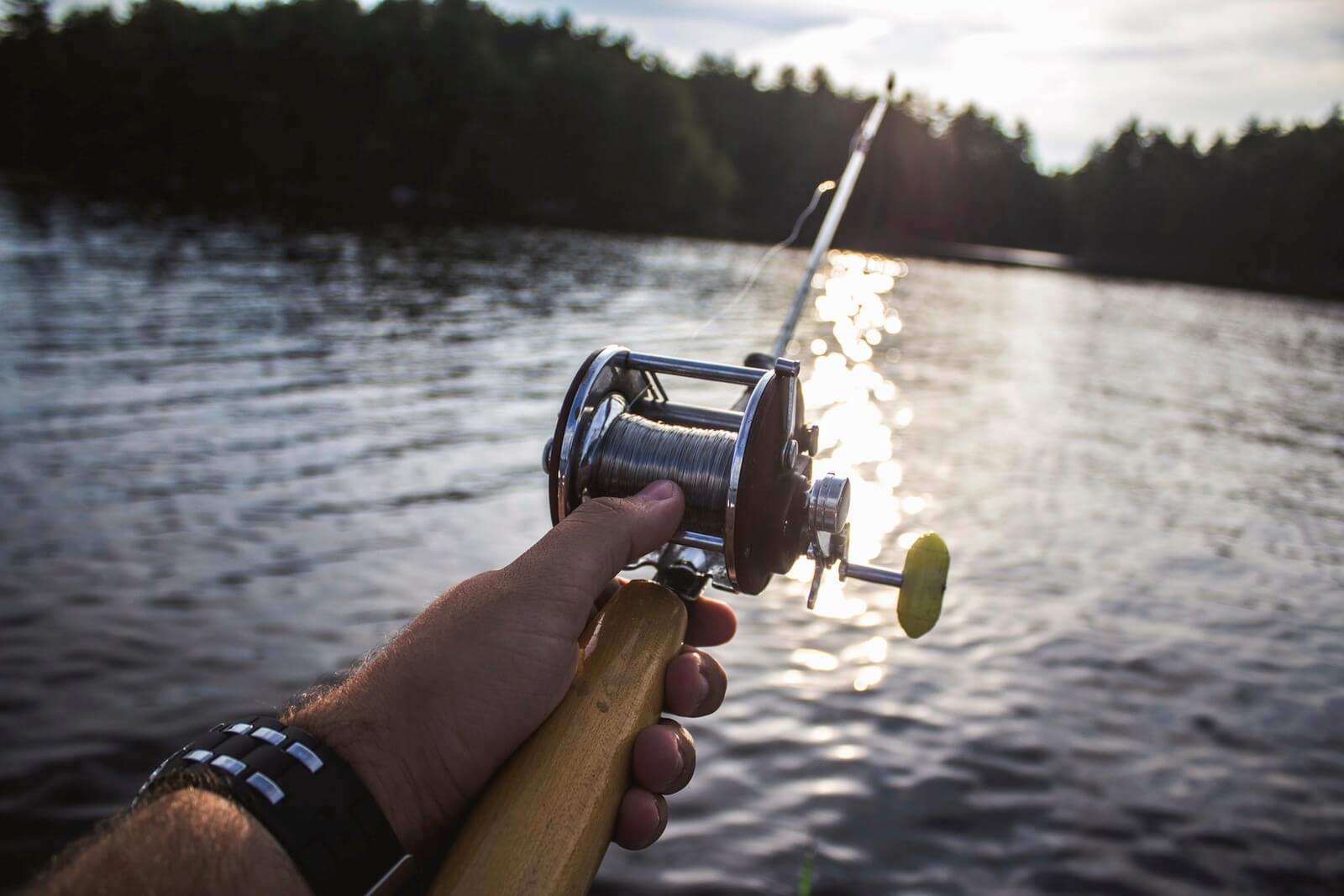Fishing is an exciting hobby with many opportunities for success. If you’ve never gone fishing before, or even if you have but want to improve your skills, there are some things that every fisherman needs to know. You need the right gear and bait, of course, but more importantly, you need to find out where the fish are biting today.
While it can be fun and exciting, it can also be frustrating if you don’t know what you’re doing. That’s why it’s important to get advice from other fishermen who have experience out on the water. You never know what tips they might have to share that could help make your next fishing trip more successful.
Going fishing with a boat
When fishing in open water, it’s important to use a boat that is suited to the area. For example, you probably don’t want to use a heavy boat in the middle of an ocean or large lake. It’s also important that you have the skills necessary to handle your boat even when there are high waves and bad weather. Make sure you have the proper equipment. Research before making any purchases as there are things to know when shopping for a shallow water anchor, along with the rest of the equipment. Every piece requires prior knowledge, research, or preferably both.
Bringing the right gear
Newbie fishermen should ask for advice from someone who has more experience. It’s better to ask a question and get a response from someone you know, rather than being unprepared for a trip and wasting money on gear or bait. You always want to make sure that your rods are sturdy, your lures catch the fish’s attention, and of course, there is plenty of bait.
There are some essentials that every fisherman needs, including supplies for underwater fishing. To be successful, you need to have the right tools for handling fish. When they are submerged underwater, it’s important to use fishing pliers. If you don’t have them at the time, you’ll likely lose a lot of fish that way. Here is a list of the most important tools you need to start fishing:
- The fishing rod is a must
- Scissors for prying open shellfish, cutting fishing line, and more
- Drinking water to stay hydrated
- Hooks, line, sinkers, floats
- Net for fish in shallow water
- Pole grippers for handling your fishing pole after a long day
- A light backpack with essentials, including sunscreen, bug spray, water, snacks, etc
- Fish landing net
- Short, sturdy knives for cutting up your catch
- Heavy-duty shears for larger catches
After using the knife to cut up the fish, you should use any mesh or bag that you brought with you to keep your prey in. This will help avoid any smell that might attract other predators who are nearby. If possible, don’t leave anything behind so you can continue fishing in the same area. It’s also important to rinse any debris off of your hands so you don’t bring any other unwanted fish or other predators to the water.
You’ll have a much better chance of being successful when fishing if you bring everything you need for your specific situation. Make sure that your poles are the right length for the job, and also make sure to consider upgrading your reel if you haven’t done so already.
Know where the fish are biting today
It’s important to get advice from other fishermen that have experience. You never know what tips they might have to share that could make your next fishing trip more successful. For example, some people go ice fishing all year long, while others only go during certain seasons of the year. You can even fish at night or during storms. There are so many ways to target different types of fish, but before you go out anything, do your research.
If you have a favorite fishing hole that’s near where you live, ask friends and family for tips before you try it again. Ask them if the spot is good for catching the fish you want at the time of year you plan to go out. Even if others don’t have personal experience with your favorite fishing spot, they might be able to give some advice based on what they know about that type of fish.
Fish bite based on their natural conditions
As far as using your best judgment goes, this is a good tip to know about because it’s common sense. If you know all of the reasons why fish bite, along with their patterns and behavior in water, you’ll be able to read the situation much more accurately. Fish are used to being preyed on by other animals so they will only bite the hook if they think it’s real food.
If you know what types of fish are living in a specific area, and what those fish usually eat, you’ll be able to understand why one type of bait might work better than another. If your favorite fishing hole isn’t giving you much luck for a while, try using different bait to see if that changes anything. Sometimes, it just takes a little bit of experimenting with certain types of bait or lures for you to be successful.
How to clean a fish after catching it
You must remove any parts that will rot quickly on land, including the gills and intestines. Use your hands or pliers to pull apart the entrails, and detach the gills by cutting them near where they meet. Start by slicing open one side of the stomach to remove its contents, then flip the fish over and repeat the process on the other side.
If you’re fishing with friends or family, try putting your catch in a larger mesh bag so everyone can put their catch in the same container. You’ll have a much easier time removing all of your fish from the water if you group them, rather than trying to catch each one individually. When you get home, be sure to clean it thoroughly because the last thing you want is for any bacteria or parasites to get on your food or in your body.
How to use fishing rods and reels
It’s important to keep your line tight when you’re reeling in a fish so it doesn’t fly back at you. Instead, let the weight of the fish take your line down until it reaches the bottom, then bring it up slowly. If you pull too hard or too fast, the fish might snap the line and getaway. If you’re using an open reel, make sure to work it backward for the line to tighten up gradually instead of suddenly. You’ll then be able to pull the fish into your boat or onto shore without struggling.
Leave no trace behind
Before leaving, make sure all items are stowed away neatly and securely so nothing is shaken loose during your trip. If you have any trash, make sure it’s stowed away in a container that won’t spill. This is not only good for the environment but also keeps you from having to explain why your boat smells like garbage if you get pulled over.
The right clothing helps you to blend in more effectively with your surroundings. You don’t have to wear camouflage if you’re just going out on a boat, but wearing the right color shirt will help get rid of any glare from light so fish don’t see you coming. Also, pay close attention to how much weight you have onboard so the boat won’t tip over when you cast your line.


